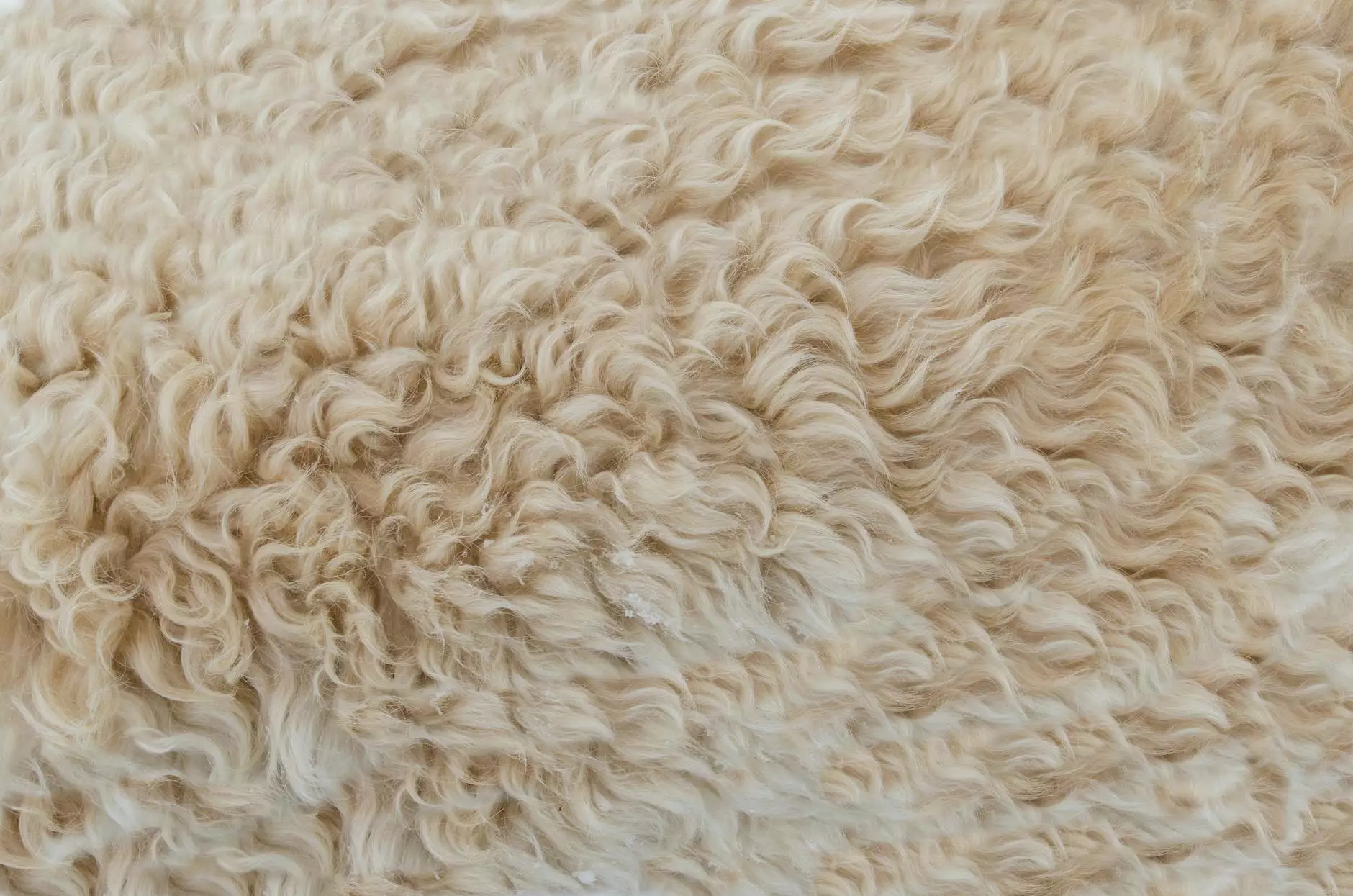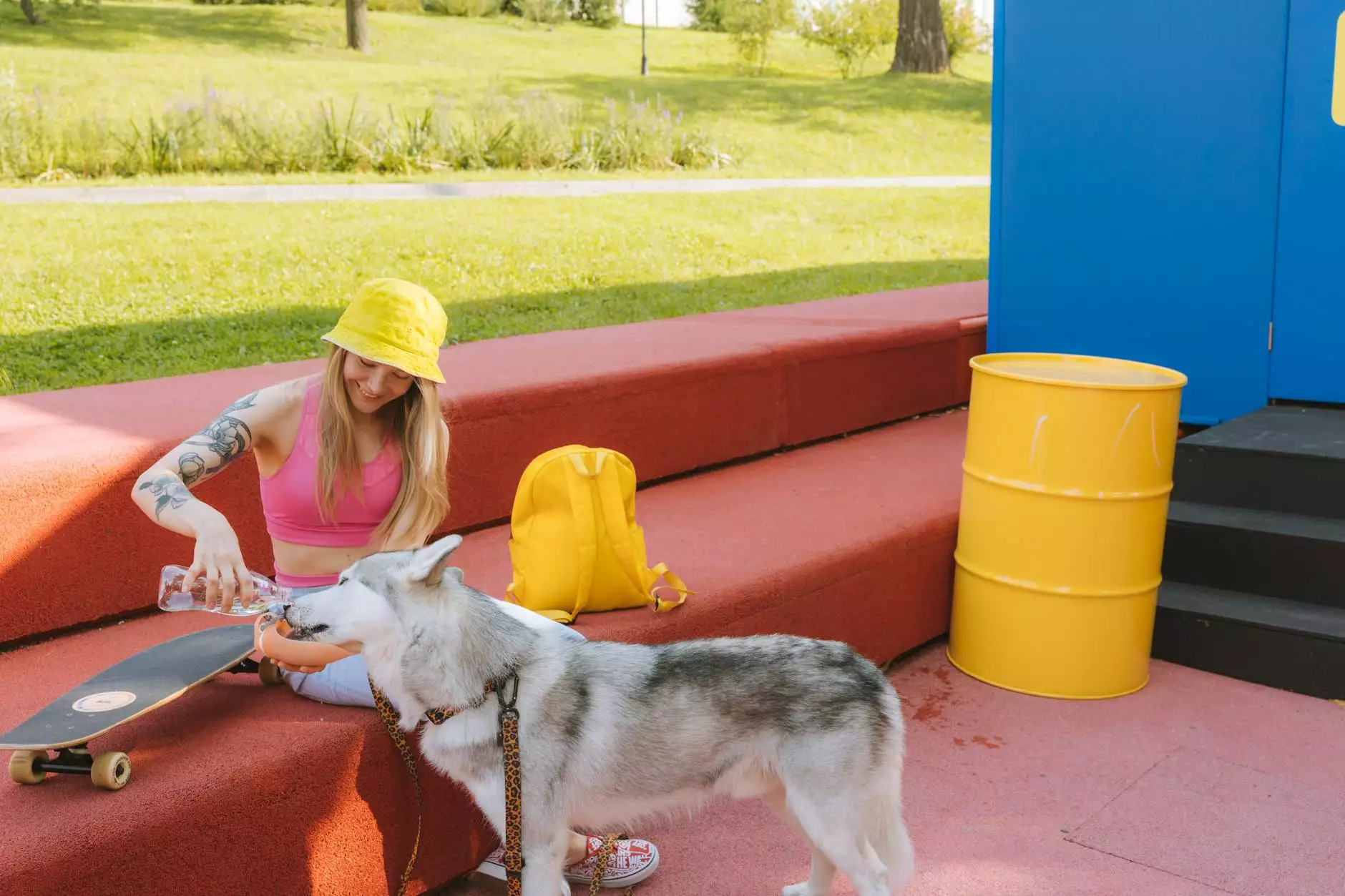How to Help Your New Puppy Sleep Through the Night
Dog Care
Introduction
Welcome to Wisconsin Adventures' blog post on how to help your new puppy sleep through the night. As a travel and tourism company, we understand the importance of a restful night's sleep, not only for humans but also for our beloved four-legged companions. In this comprehensive guide, we will provide you with valuable insights and effective strategies to ensure your new puppy gets the sleep they need.
Understanding Your Puppy's Sleep Patterns
Before diving into the tips and techniques, it's essential to understand your puppy's sleep patterns. Puppies, especially during their early weeks, require more sleep than adult dogs. On average, a puppy needs around 18 to 20 hours of sleep per day, but this can vary depending on their age, breed, and individual needs.
Creating a Comfortable Sleep Environment
Just like humans, puppies also appreciate a cozy and secure sleep environment. Here are some tips to create an optimal sleeping space for your new puppy:
- Choose a suitable sleeping area: Select a quiet and peaceful area in your home where your puppy can relax and feel safe. Consider using a crate or a designated puppy bed.
- Use comfortable bedding: Provide your puppy with a soft and comfortable bed or blanket. This will help them feel warm and secure.
- Control the temperature: Ensure the room is at an appropriate temperature for your puppy's comfort. Avoid extreme heat or cold.
- Create a calming atmosphere: Use dim lighting and play soothing music or white noise to create a relaxing ambiance for your puppy.
Establishing a Consistent Routine
Puppies thrive on routine and structure, and having a consistent sleep routine can work wonders in helping them sleep through the night. Follow these steps to establish a bedtime routine for your new puppy:
- Set a bedtime: Determine a specific time for your puppy to go to bed each night, and stick to it consistently.
- Implement winding-down activities: Engage in calm and relaxing activities with your puppy before bedtime, such as gentle playtime or a short walk.
- Encourage bathroom breaks: Take your puppy outside for a bathroom break right before bedtime to avoid any disruptions during the night.
- Provide comfort and reassurance: Spend a few minutes cuddling or gently petting your puppy to help them feel secure and loved.
Addressing Common Sleep Challenges
It's common for puppies to experience sleep challenges as they adjust to their new surroundings. Let's explore some common issues and effective solutions:
Puppy Anxiety and Nighttime Whining
Many puppies may experience anxiety when left alone during the night, leading to excessive whining or crying. Here are some strategies to help address this:
- Gradual separation training: Start by leaving your puppy alone for short periods and gradually increase the duration. This will help them become accustomed to being alone and reduce anxiety.
- Provide comforting items: Place a warm blanket or a piece of your clothing with your puppy. The familiar scent can help them feel more secure.
- Calming supplements or toys: Consult with your veterinarian about the use of calming supplements or toys that can help soothe your puppy's anxiety during the night.
Dealing with Nighttime Bathroom Needs
Puppies have small bladders and may need to relieve themselves during the night. Follow these tips to reduce the frequency of nighttime bathroom breaks:
- Monitor water intake: Avoid providing your puppy with water close to bedtime to minimize their need for bathroom breaks.
- Establish a routine: Take your puppy outside to relieve themselves right before bedtime and immediately upon waking up.
- Reinforce bathroom training during the day: Consistency and positive reinforcement during daytime training sessions can help reduce accidents during the night.
Conclusion
Helping your new puppy sleep through the night is crucial for their overall well-being and your peace of mind. By creating a comfortable sleep environment, establishing a consistent routine, and addressing common sleep challenges, you can set your puppy up for success in getting the quality rest they need. Remember, patience and understanding are key as your puppy adjusts to their new routine. Sweet dreams for both you and your furry friend!









